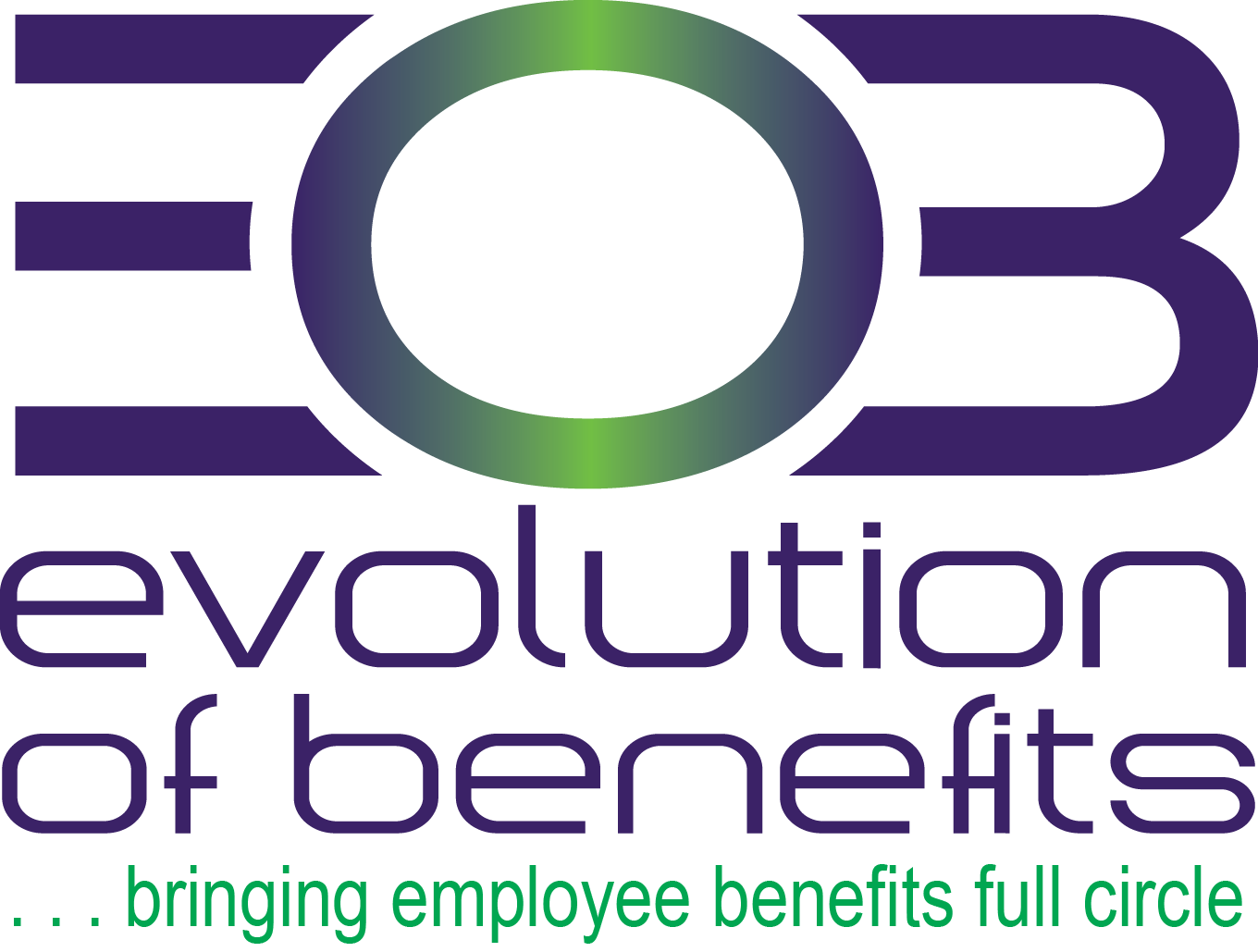Understanding Accident Insurance
Whether you suffer a concussion falling off a ladder or dislocate your shoulder moving the couch, injuries can lead to costly medical care, loss of work time and various other related expenses. If you don’t want to be caught financially unprepared to handle an accident, consider accident insurance.
Regular medical insurance won’t cover all the expenses that result from an injury. At the very least, you will likely owe a deductible and copays. Accident insurance acts as a safety net to help you pay out-of-pocket medical and nonmedical costs resulting from an accident or injury.
Accident insurance might cover the following occurrences:
• Injuries, such as fractures, burns, concussions, cuts, eye injuries, broken teeth and paralysis
• Medical services and treatments, such as ambulance rides, emergency care, nonemergency care, hospital stays, physician follow-ups, therapy services, surgery and medical testing
• Family lodging and travel needs related to an accident and follow-up care
Contact your HR manager to learn more about accident insurance.
The Importance of Preventive Care
Seven out of 10 Americans die each year from chronic diseases, many of which are preventable. When preventive care is used and illnesses and diseases are caught early enough, you can avoid or better control your health problems. Preventive care is a type of health care used to shift the focus of health care from treating sickness to maintaining wellness and good health. Prevention includes a healthy lifestyle, exercise, diet, laboratory tests, counseling and immunizations. Preventive care can save you money as follows:
- Lowering the long-term cost of managing disease helps catch problems in the early stages when the disease is more readily treatable. The cost of early treatment or diet or lifestyle changes is less than the cost of treating and managing a chronic disease or severe illness.
- Preventive care is covered in full by health insurance.
To prevent more serious problems later, schedule your regular health screenings and evaluations today.
Benefits Debit Cards
Benefits debit cards are a valuable asset if you participate in flexible spending accounts (FSAs), health savings accounts (HSAs) or health reimbursement accounts (HRAs). These cards allow you to easily pay for health and medical expenses with the swipe of a card.
These convenient transactions are made possible by an Inventory Information Approval System (IIAS), which allows a retailer to automatically verify eligible FSA and HRA purchases through their own inventory control system (e.g., UPC or SKU number).
The following locations accept benefits debit cards:
• Health care, dental and vision providers
• Retailers with an IIAS
• Health care-related retailers that have an IIAS or sell mainly medical care items





